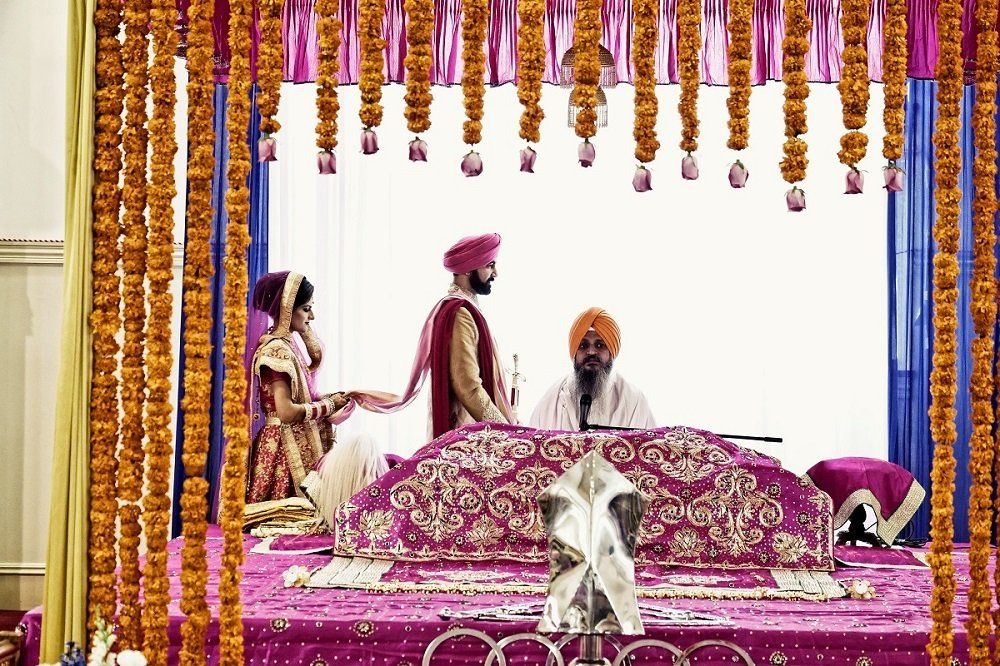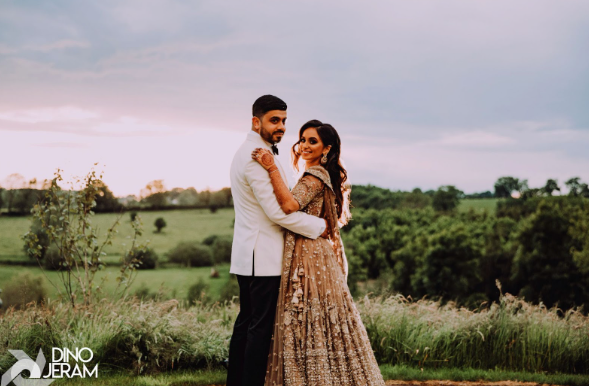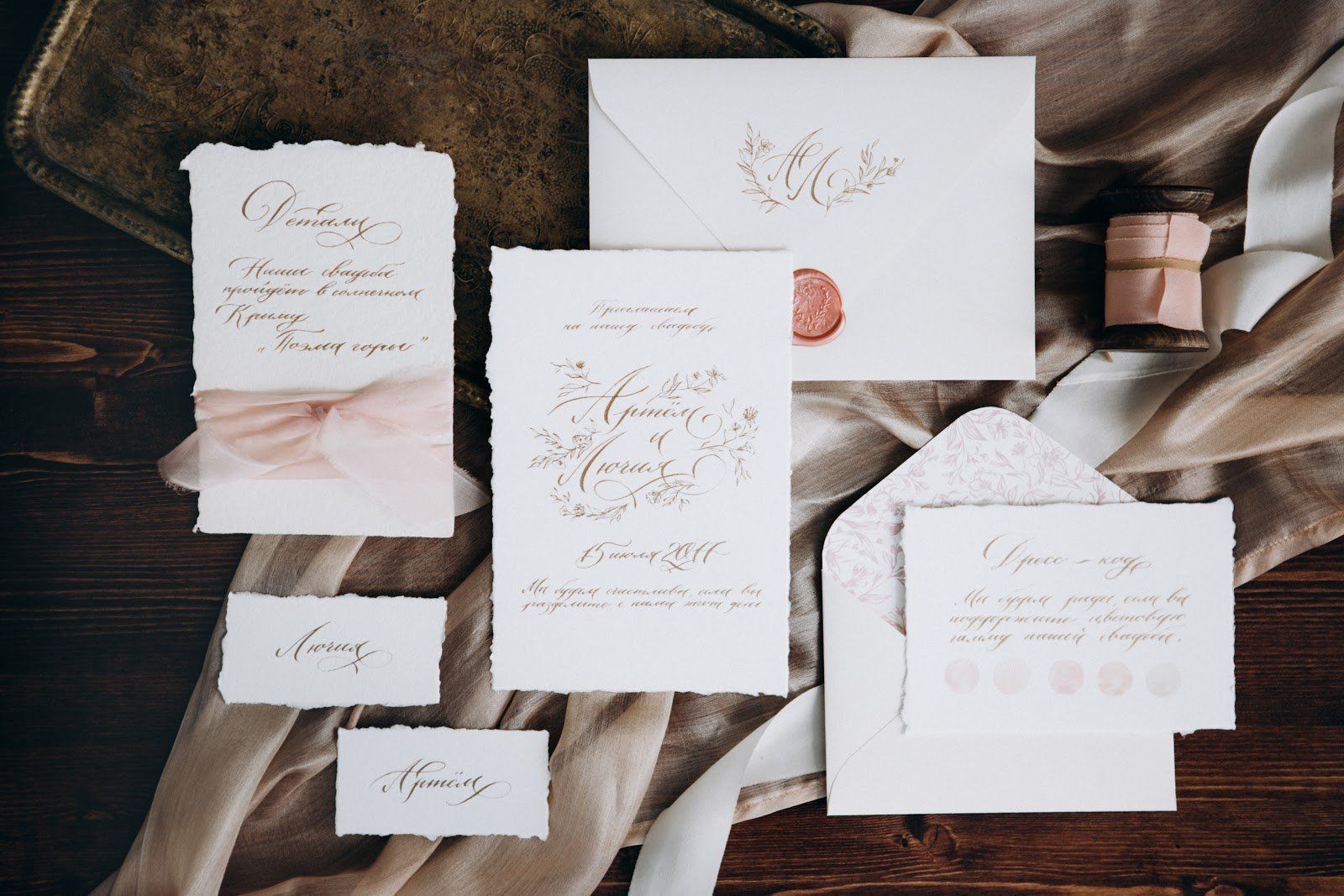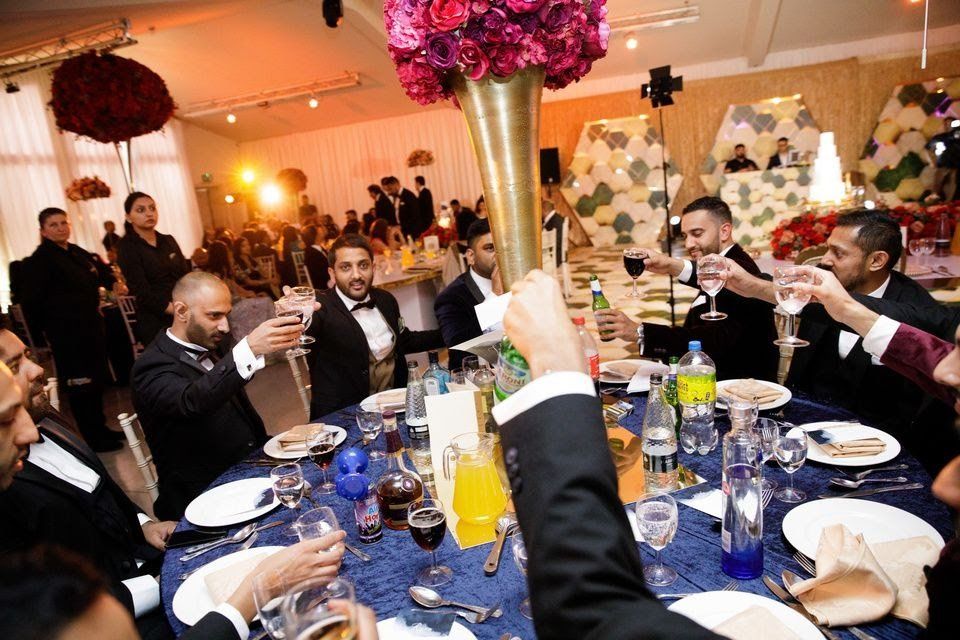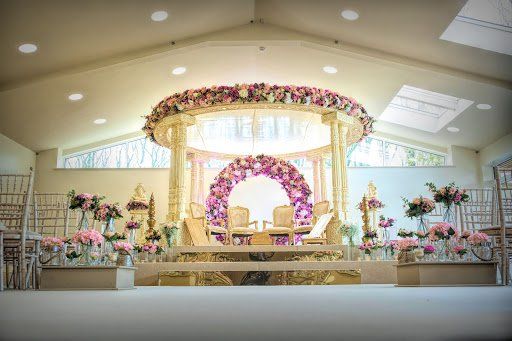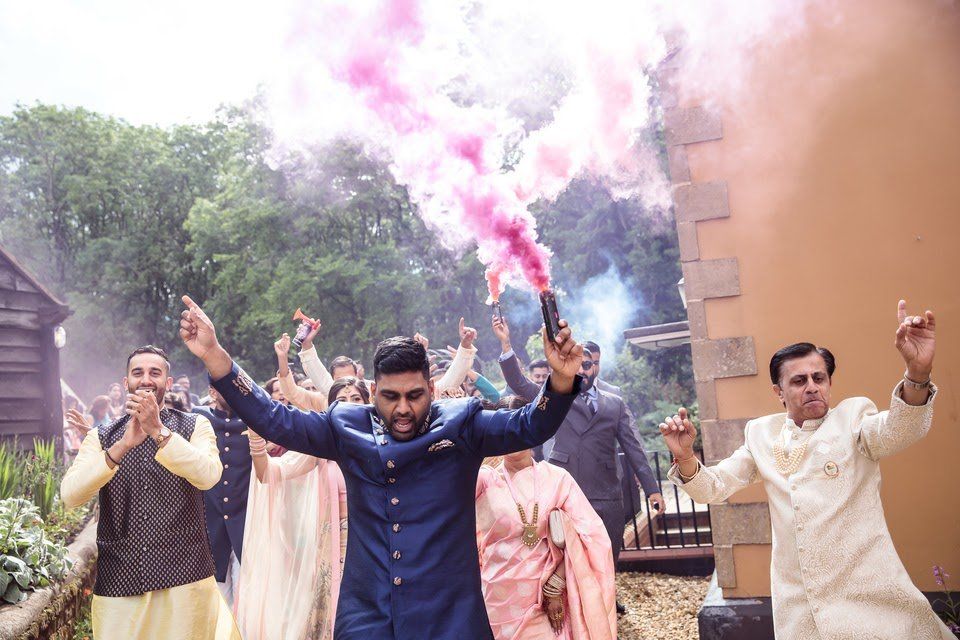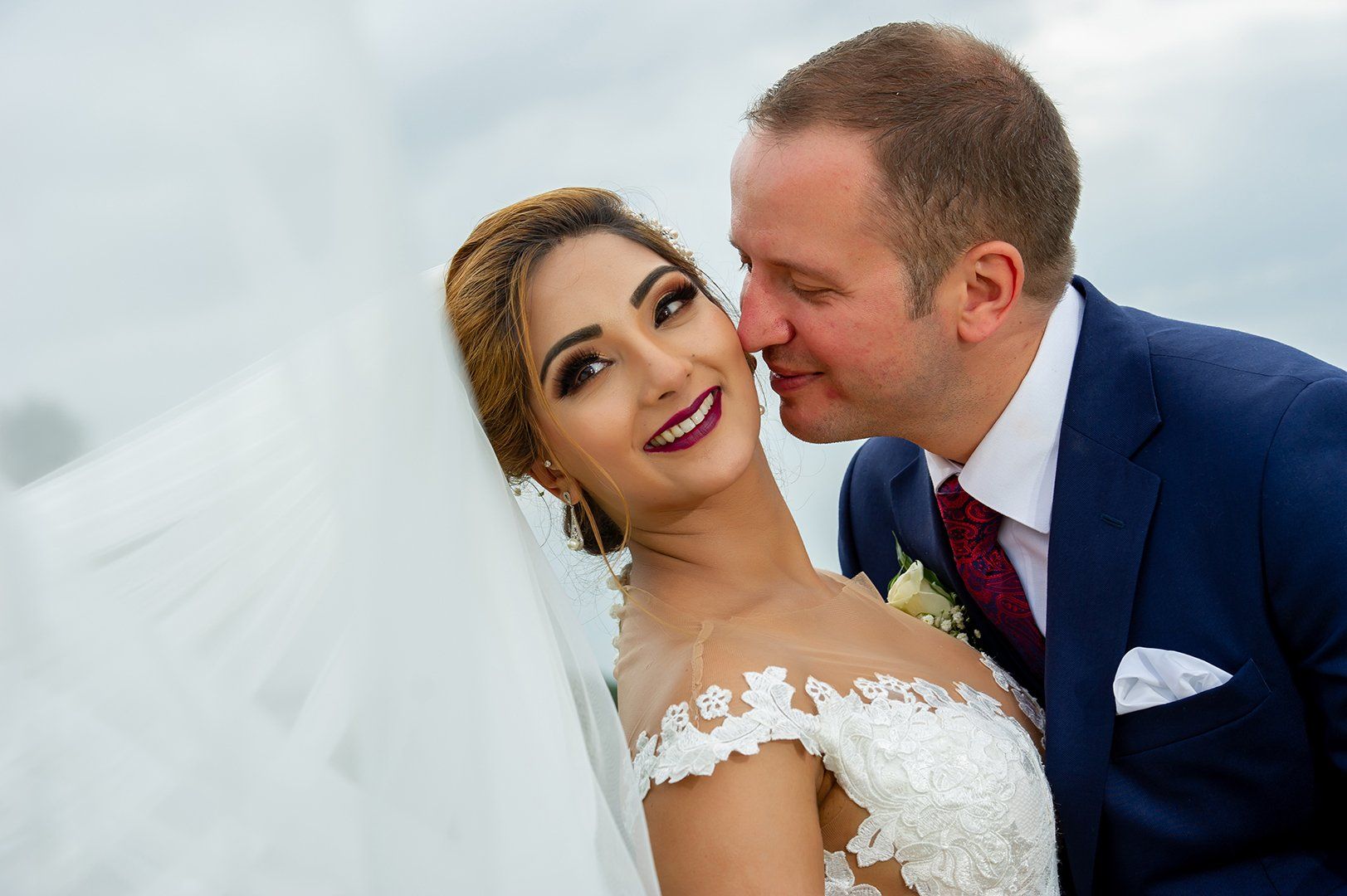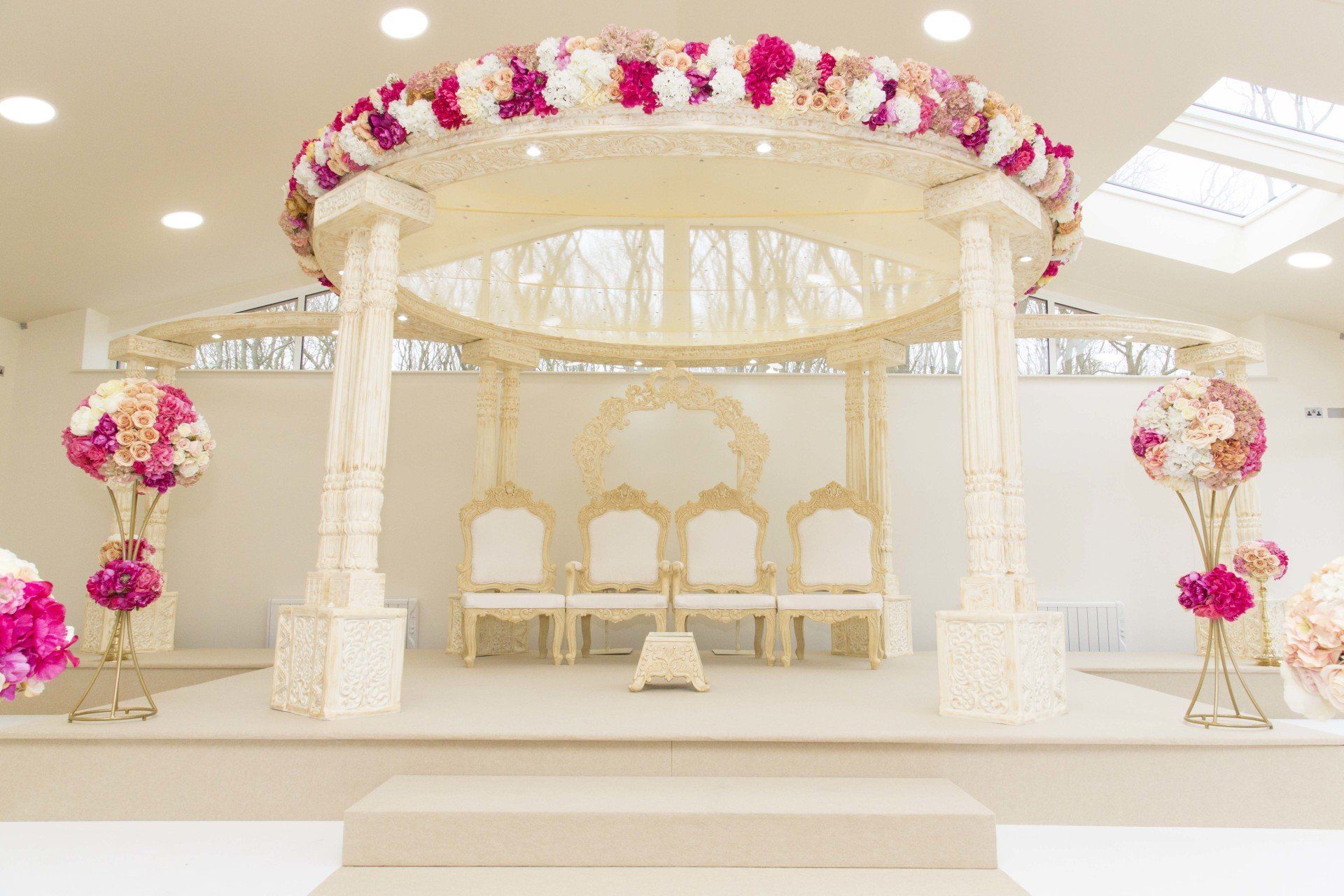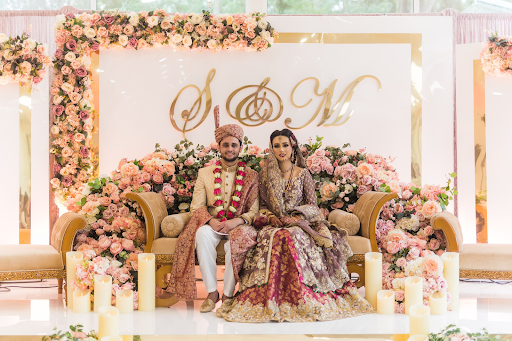
Muslim weddings, known as nikah, are joyous celebrations that blend religious significance with cultural traditions. While the core principles remain consistent across the Islamic world, the specific customs and rituals can vary widely depending on cultural background, geographical location, and family traditions. This comprehensive guide aims to provide an in-depth look at Muslim weddings, covering everything from religious requirements to cultural practices, planning tips, and modern trends.
Whether you're a bride or groom preparing for your own wedding, a family member involved in the planning process, or simply curious about Muslim wedding traditions, this guide will offer valuable insights into the beautiful and diverse world of Islamic marriages.
Pre-Wedding Rituals
Muslim weddings often involve several pre-wedding rituals, which can vary significantly based on cultural traditions. Here's an expanded look at some common pre-wedding events:
Proposal (Khitbah)
Traditionally, the marriage proposal process begins with the groom's family visiting the bride's family to propose marriage formally. In contemporary times, this may occur after the couple has already expressed mutual interest in marrying each other, reflecting evolving social norms.
Etiquette plays an important role in this process. It is customary for the groom's family to bring gifts for the bride's family. These gifts, which may include sweets or flowers, serve as a gesture of goodwill and respect, helping to establish a positive relationship between the two families.
During this visit, families engage in discussions about compatibility, plans, and any potential concerns that may arise regarding the union. These conversations are crucial for ensuring that both families are on the same page and that the couple is well-prepared for their future together.
In some cases, families may perform or request Istikhara, the Islamic prayer of guidance, before deciding. This practice reflects the importance of seeking divine guidance in the decision-making process, reinforcing the significance of faith in the journey toward marriage.
Engagement (Mangni/Nisbah)
Once both families reach an agreement, an engagement ceremony is often held. While this event is not religiously mandated, it is a widely practised cultural tradition that signifies the commitment between the couple and their families.
A pivotal moment during the engagement ceremony involves the exchange of rings. This practice is common in many cultures and symbolises the couple's intention to marry; however, it is important to note that ring exchange is not an Islamic requirement.
The event typically begins with a recitation from the Quran, setting a spiritual tone for the gathering. This recitation blesses the occasion and emphasises the importance of faith in the couple's journey ahead.
As the ceremony unfolds, elders from both families bless the couple. Their words of wisdom and encouragement provide a strong foundation for the couple as they embark on this new chapter in their lives.
The engagement period can vary significantly, lasting anywhere from a few weeks to several months or even years. This flexible timeline allows the couple and their families to prepare for the upcoming wedding and solidify their commitment to one another.
Henna Night (Mehndi)

